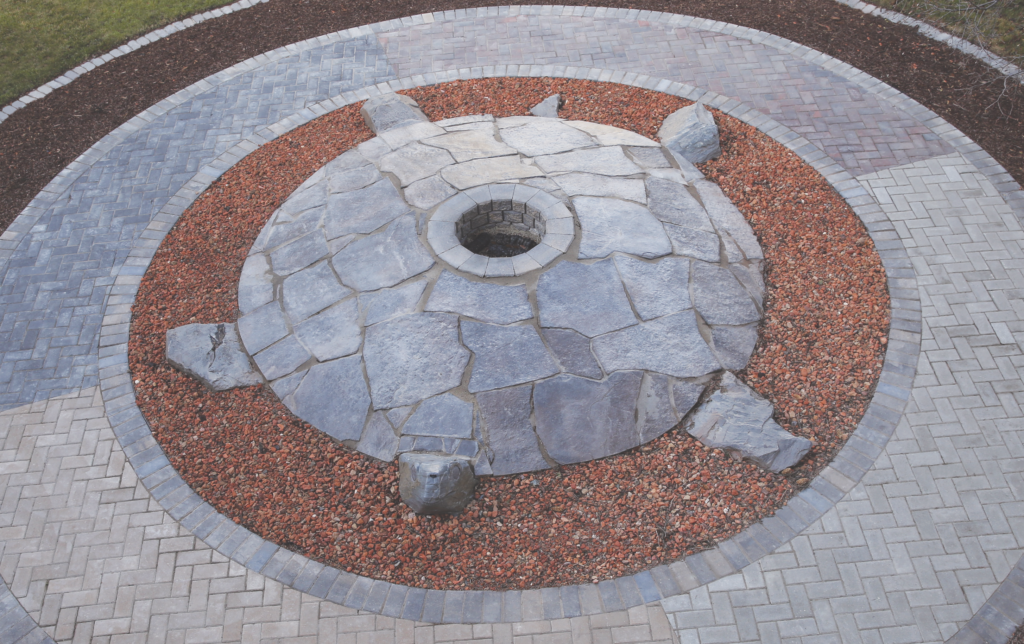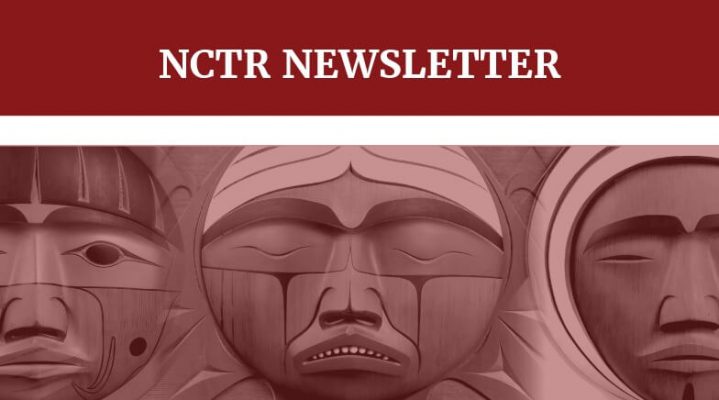IAP/ADR Records
If you made an Independent Assessment Process (IAP) or Alternative Dispute Resolution (ADR) claim for compensation for residential school abuse, the Indian Residential Schools Settlement Agreement says that you can request a copy for yourself and save your IAP or ADR records for history, public education, and research.
Information here can help inform your decision.
About IAP and ADR Records
The IAP is the Independent Assessment Process for compensation claims of abuse at residential schools. The ADR was the earlier Alternative Dispute Resolution process.
These records include your name and all of the information you provided for your IAP or ADR claim, everything you said at your hearing, what the adjudicator said about you in their decision, and the compensation you received.
Your Choices
You have four options for your IAP or ADR records. You can:
- Do nothing and your records will remain confidential until they are destroyed on September 19, 2027.
- Get a copy for yourself to keep or share with others by submitting the Request Form (PDF).
- Preserve them for history, public education and research at the NCTR by submitting this Consent form (PDF).
- Get a copy for yourself and preserve them for history, public education and research at the NCTR by submitting both the Request and Consent forms.
The choice is yours and yours alone and your IAP or ADR records are confidential.
You have until September 19, 2027 to decide.

Your records describe the abuse you suffered and how it affected your life. They may include information about your health, employment and criminal history, other sensitive information recorded on:
- Your application form
- The printed record of your testimony (transcript)
- The voice recording of your testimony
- The decision on your claim
In 2017, the Supreme Court of Canada said that because your IAP or ADR records are private and confidential, they will be automatically destroyed in 2027, unless you choose to request a copy or preserve them at the National Centre for Truth and Reconciliation.
If you do nothing, they will be automatically destroyed on September 19, 2027 unless you choose to preserve them.
Preserving Your Records
If you decide to preserve your records at the NCTR, you also have a choice of two ways to do that: restricted access or open access.
In either case, the NCTR will use and share your records for public education and research to promote reconciliation. The NCTR is also committed to the respectful and dignified use of your records and of doing no harm.
- Restricted access means the NCTR may use and share your records with others for purposes such as public education, but only if the NCTR removes your personal information. Personal information means information that identifies you or could be used to identify you. Your personal information will be made available to the NCTR and researchers, but only under strict confidentiality conditions. Your personal information will not be available to the public and will not be published.
- Open access means the NCTR may use your records and personal information, including your name, in the way it thinks is appropriate including by sharing with others. However, the NCTR will not disclose certain personal information, such as your address, phone number, band or disc number.
For both restricted or open access, all information that identifies other people will be removed before your records are transferred to the NCTR, to protect their privacy.
Need More Information?
- Read the IAP/ADR FAQs
- Download the Pamphlet on IAP and ADR records (PDF)
- View the IAP Notice Program News Release (January 2019)
- Print and share the IAP/ADR Poster (PDF) to promote the Notice Program
- Access and Privacy page
Contact the IAP Secretariat to get copies of your records or give consent to send your records to the NCTR.
NCTR’s spirit name – bezhig miigwan, meaning “one feather”.
Bezhig miigwan calls upon us to see each Survivor coming to the NCTR as a single eagle feather and to show those Survivors the same respect and attention an eagle feather deserves. It also teaches we are all in this together — we are all one, connected, and it is vital to work together to achieve reconciliation.

